You're right, it's a bit tongue-in-cheek. But it's a fun name, and I found a lot of people didn't understand "no code / low code" and even more didn't really get excited about it. Vibecoding is interesting to people, I think.
You make a good point about software being potentially low capital. Open source is a great counter example.
But I wonder how do we know what people need? Are the solutions out there actually good for everyone? My daughter is not a coder, but started vibecoding her own habit tracker app last week. She's very excited about her motivation system of stars and flowers, and the nuances of how to make it just right for her. She wrote 19 pages on a google doc describing her app. It's almost like a requirements document, and if she had $30k I bet she could hand that document over to a software engineer and they could build a mobile app for her.
If she hadn't built this app, I wonder how many habit tracker apps would have also advertised to her, or sold her habit data? If a person is not a software engineer, they kind of have to live with other people's decisions in the digital sphere (and some folks, I've found, aren't even able to evaluate software for safety, privacy, alignment with their values etc. let alone build it).
I guess I just wonder what the world would be like if the bar for personalized software were dropped so everyone could create just what is needed, for them, wherever they are and in whatever community they find themselves.
I might be misunderstanding, but it sounds like you're angry at AI, or at least, you'd like it to diminish not grow in use.
We often think of "AI" as what is promoted by big corporations--but it doesn't have to be. The math, algorithms, and machines that run AI can all be ours, and I think we can run them responsibly. For example--I run an AI transcription service just for myself on an old GPU. It works quite well. I also have solar panels installed on my home. I think it can be carbon neutral.
I recently bought a frame.work mini-PC and plan to run my own models, solar-powered.
That's what I've been working towards!
I don't think I have intrusive thoughts. I'm happy, generally pretty creative (hobbies, coding, etc.). Sometimes politics and world affairs get me down, but I don't feel like they are "intrusive", more like affecting my mood. I like how /u/[email protected] put it--I kind of let my mind do whatever it does, and I try to be an observer of what unfolds. I think meditation practice has helped with this practice (Vipassana or Insight meditation specifically).
theinternet.com
It's tricky. There is code involved, and the code is open source. There is a neural net involved, and it is released as open weights. The part that is not available is the "input" that went into the training. This seems to be a common way in which models are released as both "open source" and "open weights", but you wouldn't necessarily be able to replicate the outcome with $5M or whatever it takes to train the foundation model, since you'd have to guess about what they used as their input training corpus.
I see. Yeah, I agree with you there.
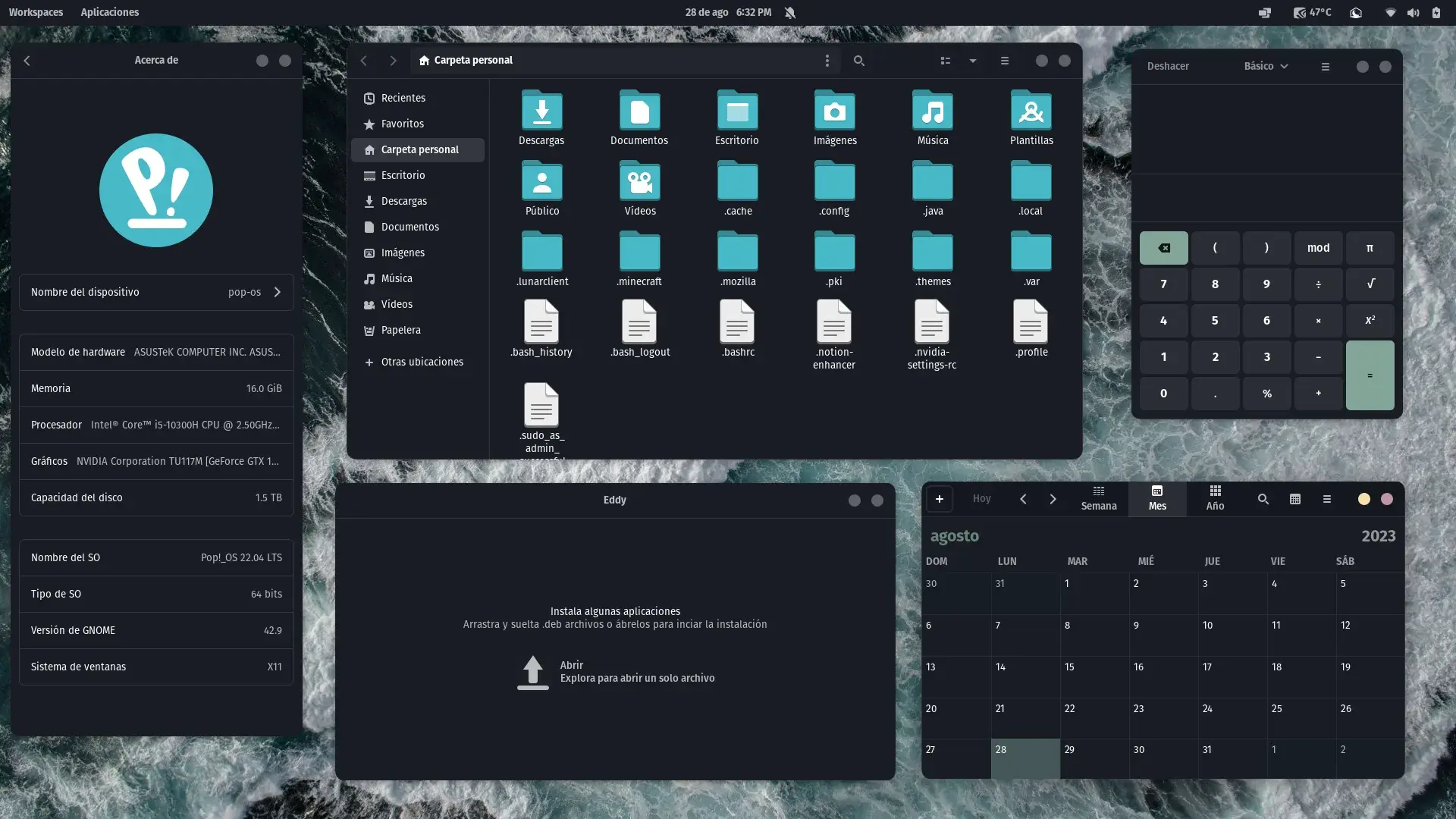
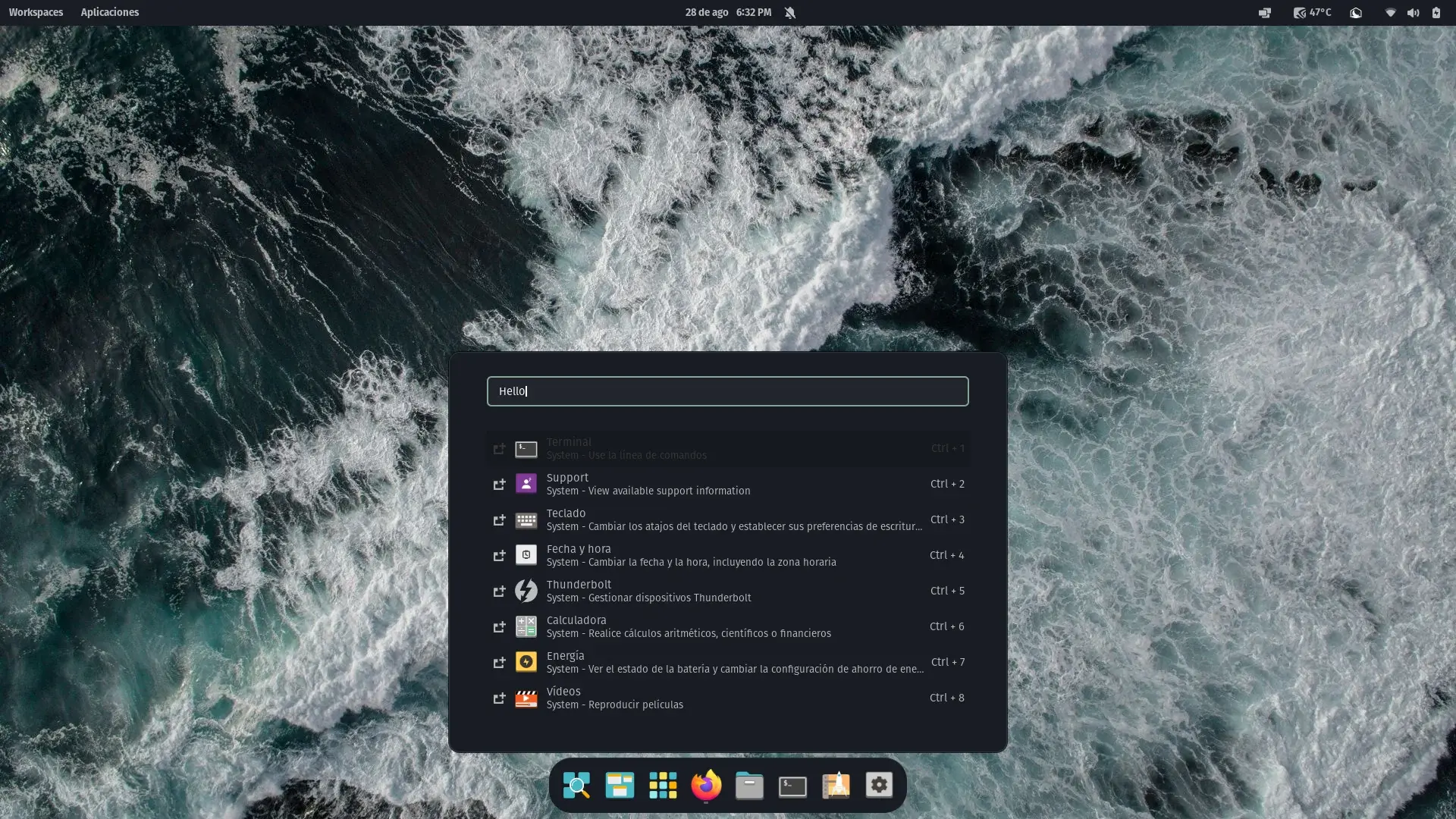
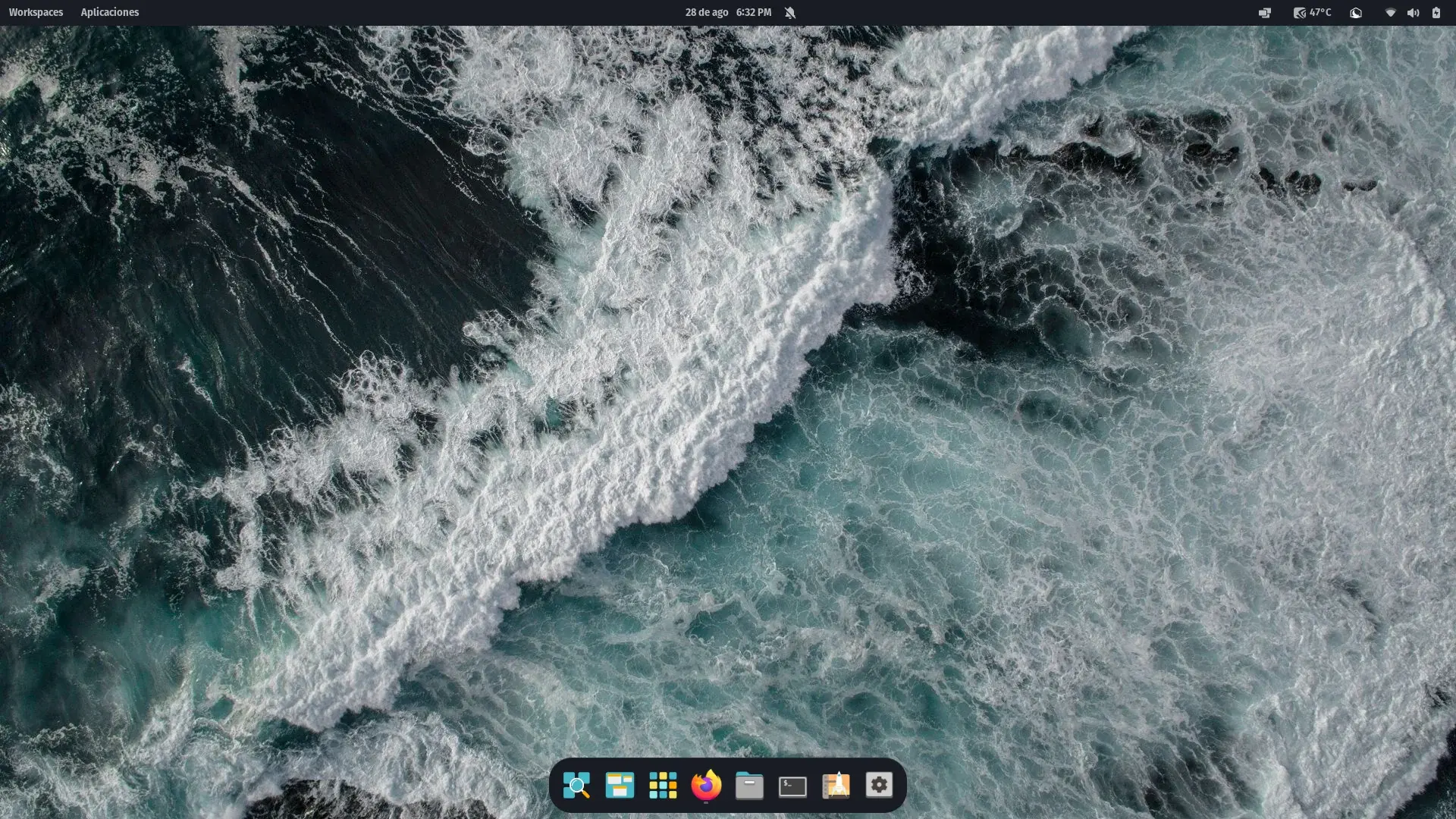
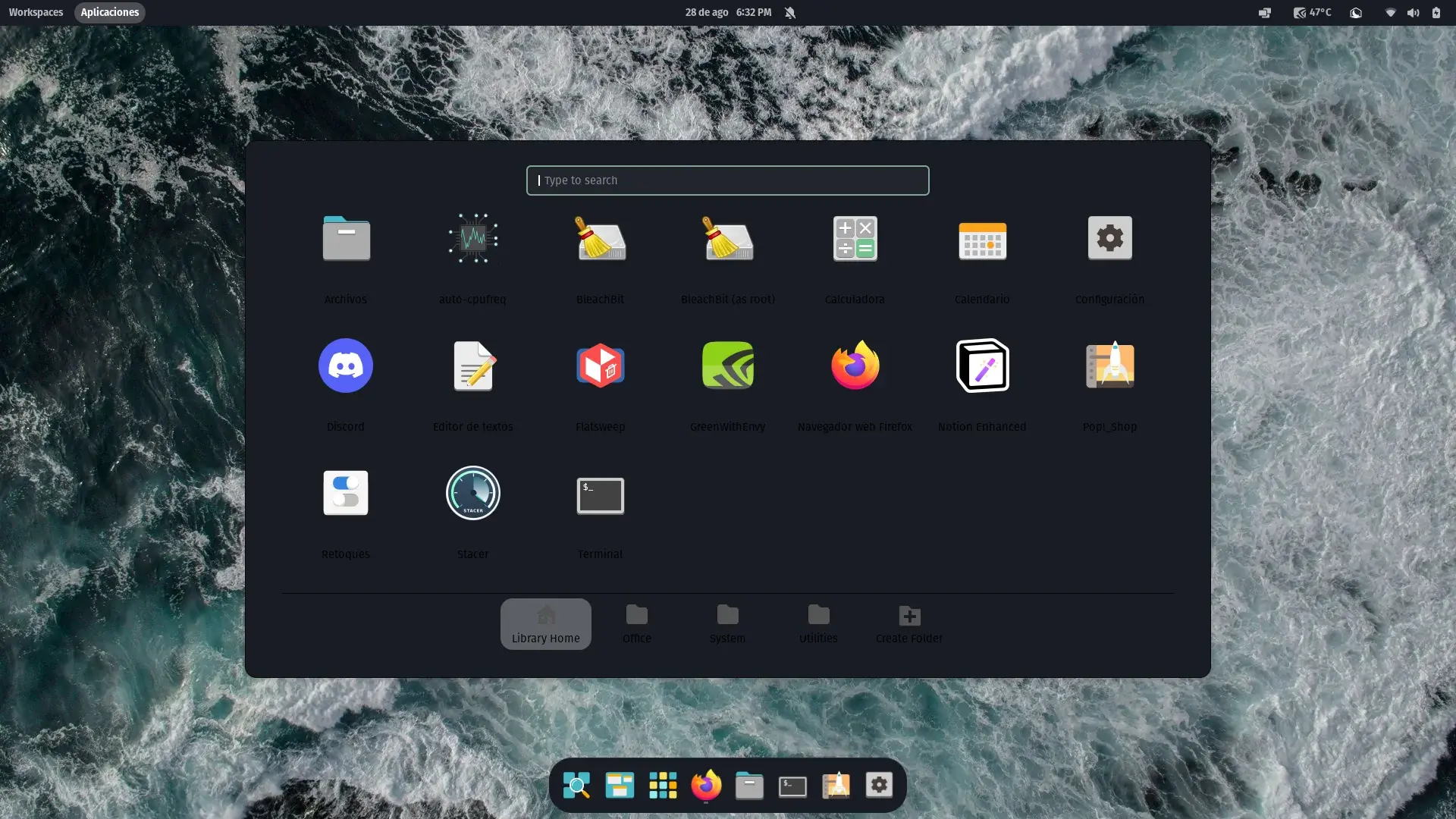
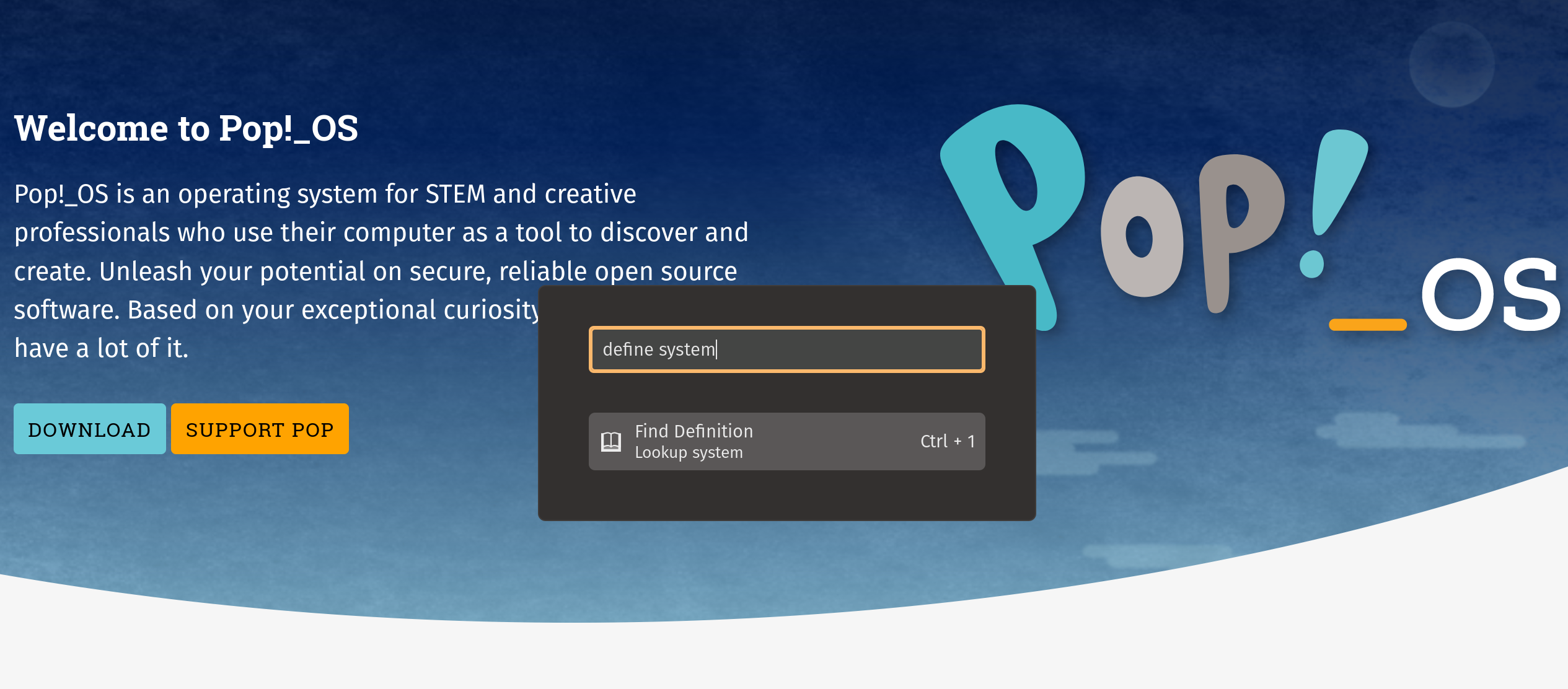
Right! I guess this is precisely my point--big corporations are running with it, and so the future will be whatever they make it. But I want to make my future, which is why I've built solar panels on my home, built my own server, re-used old computer parts in my closet, hosted my own server, and am running a GPU with my own ollama and whisper AI algorithms on it. I'm hoping to take control and not just be a consumer of corporate enshittification.